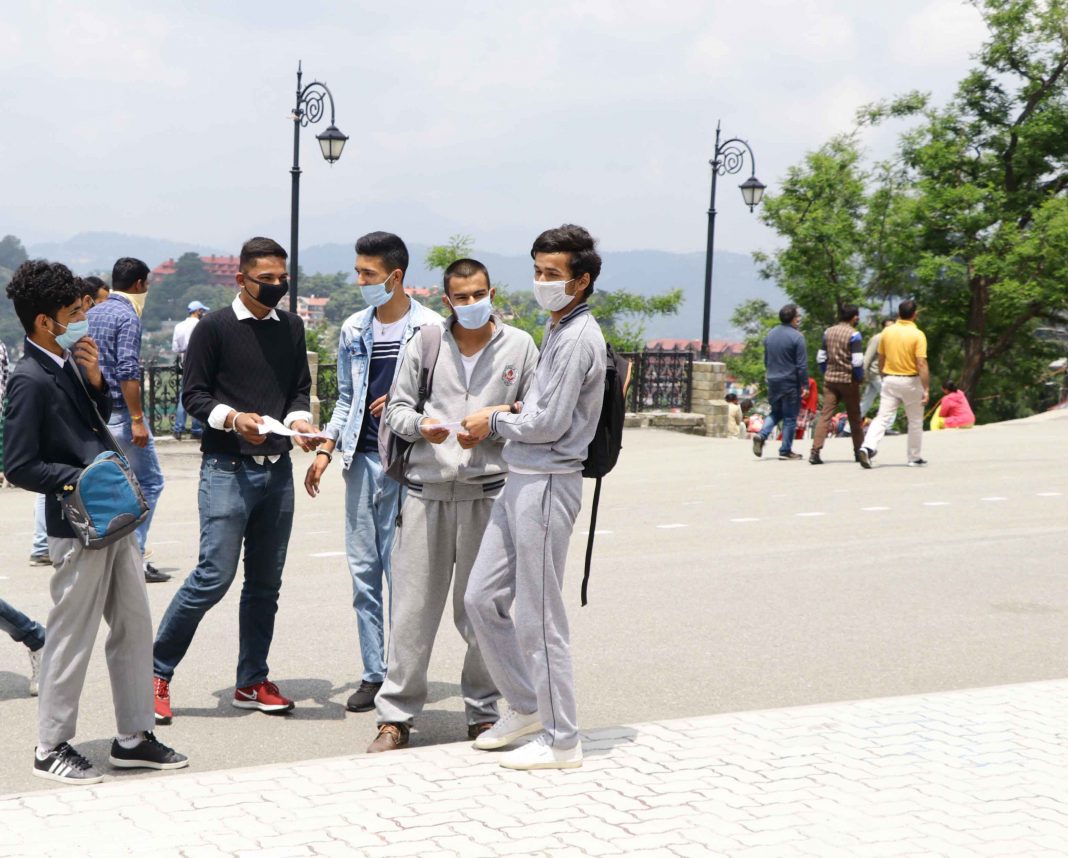A force of young Indians trained by the armed forces can be set up and deployed in the country and even overseas, on request. It can be used for multiple operations
By Praful Bakshi
The chaos and tragedy unfolding on our television screens as lakhs of migrants desperately trying to return to their villages and homes in rural India show that even in such a massive humanitarian crisis, there lies an opportunity. The migrant crisis has been handled by different agencies, causing much confusion and unnecessary hardship. The crisis has also shown that India’s perennial problem of overpopulation and widespread poverty remains the most serious challenge faced by the government and policymakers. India’s demographic profile has also undergone a drastic change.
The biggest and the most visible change has been the huge and unceasing migration of people from rural areas to larger cities in search of livelihoods. Those who migrated were small or marginal farmers faced with the lack of income and opportunities. They were unskilled but with time gradually acquired additional skills in construction work or other manual labour. Urban India was rife with opportunities for them.
All that has now come crashing down, thanks to Covid-19 and a prolonged lockdown which has thrown a majority of them out of work. What lessons can be learnt from this exodus?
According to the latest Bloomberg News analysis, half of India’s population is under the age of 25, two-thirds are below 35, and the country will have the world’s largest workforce by 2027 with a billion people between the ages of 15 and 64. Experts feel that the ongoing crisis has offered an opportunity to create a new agency which can optimise human resources and create a force trained by the armed forces which can be deployed domestically during natural or man-made crises. The force can even be used overseas as an extension of India’s soft power.
Many countries, from the Middle East to Europe, Australia and a number of African countries, have a constant demand for skilled and semi-skilled labour for various disciplines. The fear of immigrants in these countries will be allayed if it is a force deployed by the Indian government, much like the United Nations (UN) assignments. Moreover, these people will return to their country once the contract or assignment is over.
The list of potential assignments is quite long and if the armed forces are in charge of their training, it will be a disciplined and motivated force. The basic idea is that this force should be placed under the direct command of the Chief of Defence Staff (CDS), and not under the Ministry of Human Resource Development, where bureaucratic red tapism can be a handicap for fast, efficient deployment as well as credibility.
This force should be ultra-patriotic and well-equipped with the training and motivation to enable it to earn a reputation akin to what the Indian Army troops have acquired while on UN duty in various conflict zones around the world. According to human resources experts, the areas where this force would be in demand for deployment in other countries include operating heavy machinery and moving equipment, mining operations, road and highway construction, medical technicians, catering, logistics management, sanitary and health-related tasks and aviation-related activities, to name a few.
Internally, this force can be trained and deployed to handle domestic emergencies like the on-going migrant tragedy, and other crises, without duplicating the work of the dedicated agencies, but being on call whenever needed to supplement other forces. The new force would need to be placed as an auxiliary establishment like the Territorial Army but must remain under the control of CDS because of its multifaceted charter of activities. Though it would function under the control of the CDS, it would be a non-combatant force much like the medical corps in the armed forces or the Border Roads Organisation. This force shall always be available for any national cause or humanitarian crisis, like the one we have just witnessed with regard to the migrants, many of whom are stranded without food or water or medical care.
—The writer is a military analyst and air accident investigator


